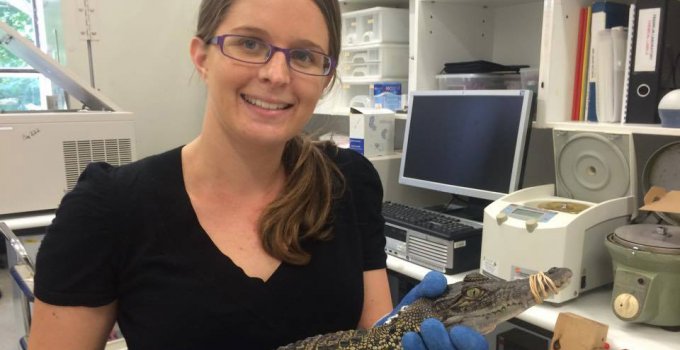Not all doom and gloom: the promise of using physiology to conserve the world’s biodiversity
Conservation physiology unveils cause-and-effect relationships between threatening processes, like climate change to explore strategies to combat extinction.
Speakers
Event series
Content navigation
Description

Alarming declines in the number of animals and plants have raised fears that the Earth is in the midst of a sixth mass extinction. Current species extinction rates are up to 100 times higher than natural levels, and these losses threaten to collapse entire ecosystems, which we rely on to survive. However, the emerging scientific field of conservation physiology offers promising solutions. Conservation physiology unveils cause-and-effect relationships between threatening processes, like climate change and pollution, on animal functioning and ecological success. My research is at the forefront of this field and integrates a range of techniques (respirometry, cardiovascular physiology, performance testing, biotelemetry recordings and meta-analyses) at multiple levels of biological organisation to determine the ecophysiological constraints dictated by current conditions and future environmental change. I will present conservation physiology success stories on several iconic aquatic ectotherms (estuarine crocodiles, sturgeons, graylings and gudgeons), where science has directly informed conservation actions.
Location
Eucalyptus Seminar Room, Rm S205, Level 2, RN Robertson Building (46)
